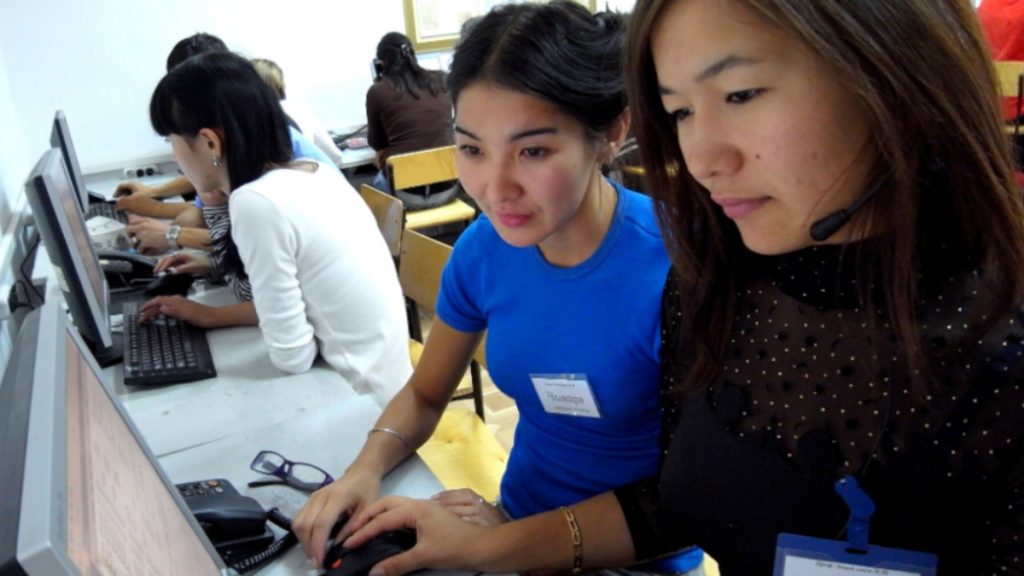From a mere voice-based business of communications—or merely accepting calls—the Business Process Outsourcing (BPO) industry has evolved to offer a more highly specialized slew of services. BPO companies cater to the most demanding non-voice requirements like business analytics, software development, engineering design, game development, even animation, and back-office support. Services that don’t require a call center agent to sit down in front of a console and tackle irate customers who readily complain at a whim.
Outsourcing to the Philippines continues to thrive several years later and has even become one of the biggest contributors to the country’s Gross Domestic Product (GDP). Even the World Bank was bold enough to forecast that the industry could earn up to US$55 billion by this year, which is about 8 percent of the GDP of the Philippines.
With this kind of exemplary performance, the country is even seen to overtake, if it has not yet overtaken, India as a preferred BPO destination among companies who outsource not just because of lower costs of labor but are also looking for an outstanding customer experience (CX).
An Inevitable Evolution
But just like any industry, outsourcing in the Philippines will continue to evolve, and the journey going to the BPO Mt. Everest of excellence will remain a challenge, so the Philippine BPO industry must play its cards right, given the stiff competition provided by its biggest competitor yet, which is India that is, sadly, still way ahead, particularly in the more high-valued services.
The entry of Artificial Intelligence (AI) is one segment of the industry’s evolution. Mainly dealing with repetitive tasks, AI will definitely take over mundane tasks that will not need human intervention. This may mean lesser agents handling these tasks, which are now viewed as simple and, to some extent, probably even boring to more seasoned BPO agents.
Above all, however, delivering an outstanding customer experience (CX) remains at the top of the objectives. The best way to do now, according to Ralf Ellspermann, Chief Executive Officer of PITON-Global, a leading mid-sized outsourcing provider in the Philippines, is to embrace this evolution and for the Philippine BPO industry to face the future—now.
There is no doubt that providing customers with that outstanding CX is where the Philippine BPO industry will thrive and give India a run for its money, given the kind of culture of Filipinos, who are generally compassionate and patient when dealing with adversities and other challenges. Companies on the lookout for experiencing that impressive CX will definitely find it in the Philippines.
“There is no doubt that technologies such as AI will play an important role that will reshape the BPO industry in the Philippines, perhaps even globally. This will be a monumental challenge but given the Philippine BPO industry’s history, there is no doubt that it will rise to the occasion,” Ellspermann declares.
But there is so much more to do when it comes to delivering the best CX, Elspermann said. Outsourcing companies in the Philippines, he pointed out, need to revisit their hiring processes as outsourced work becomes more and more complex, where fewer agents but with highly specialized skills will be needed to cater to the outsourcing needs of clients.
“By complex, it means it still needs human attention and thus, cannot be easily automated. And the complexity of the work means the people handling these jobs need to be an exceptional breed as outsourcing providers in the Philippines,” Ellspermann explains.
By exceptional means, the agents handling these jobs should be highly skilled and perhaps with a technical mindset and deep focus on getting the job done. This is also one area where BPO companies should look at developing their future BPO workforce to be capable of handling more complex, non-voice BPO work like data analytics, accounting, web design, and even digital marketing.
And this is also where the education system in the Philippines comes into play. Colleges and universities, as early as now, should also consider redesigning their curriculum to include subjects that deal with the more technical. “It will be a long process where all stakeholders should collaborate and look into the future and evolution of outsourcing in the Philippines. Many industry experts see it as the only capable sector that can go head-to-head with Overseas Filipino Workers to boost economic development,” Ellspermann emphasized.

